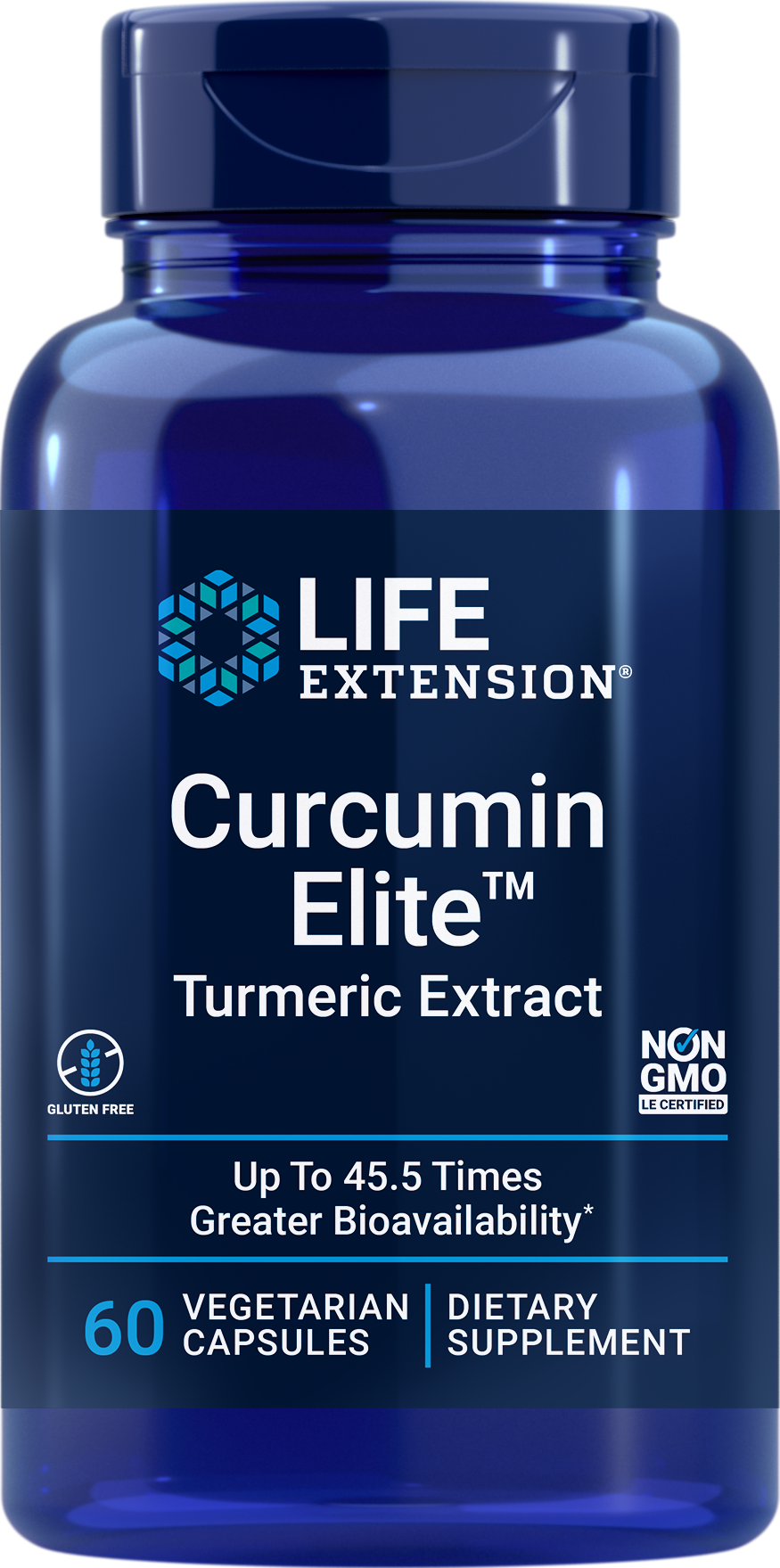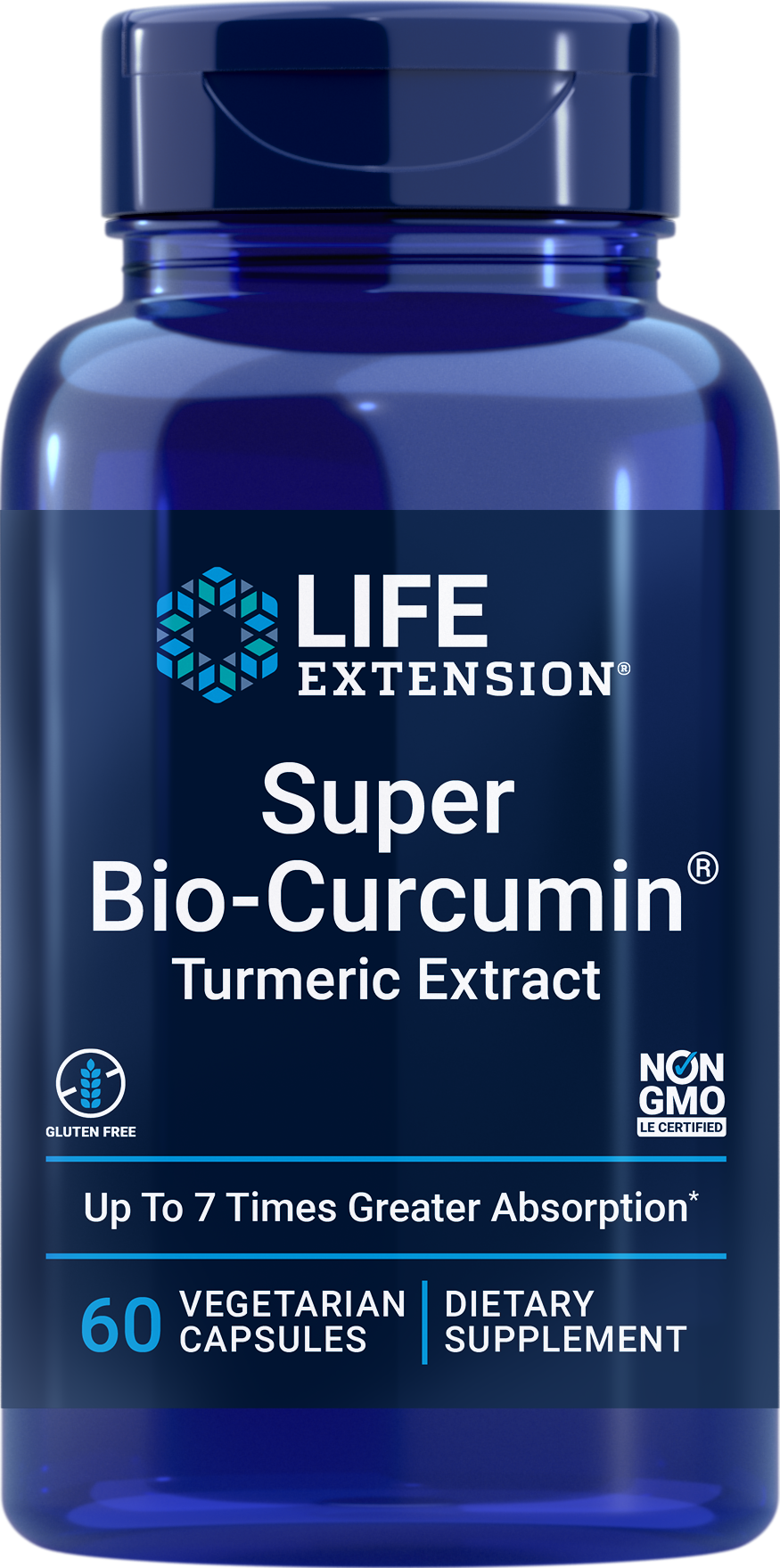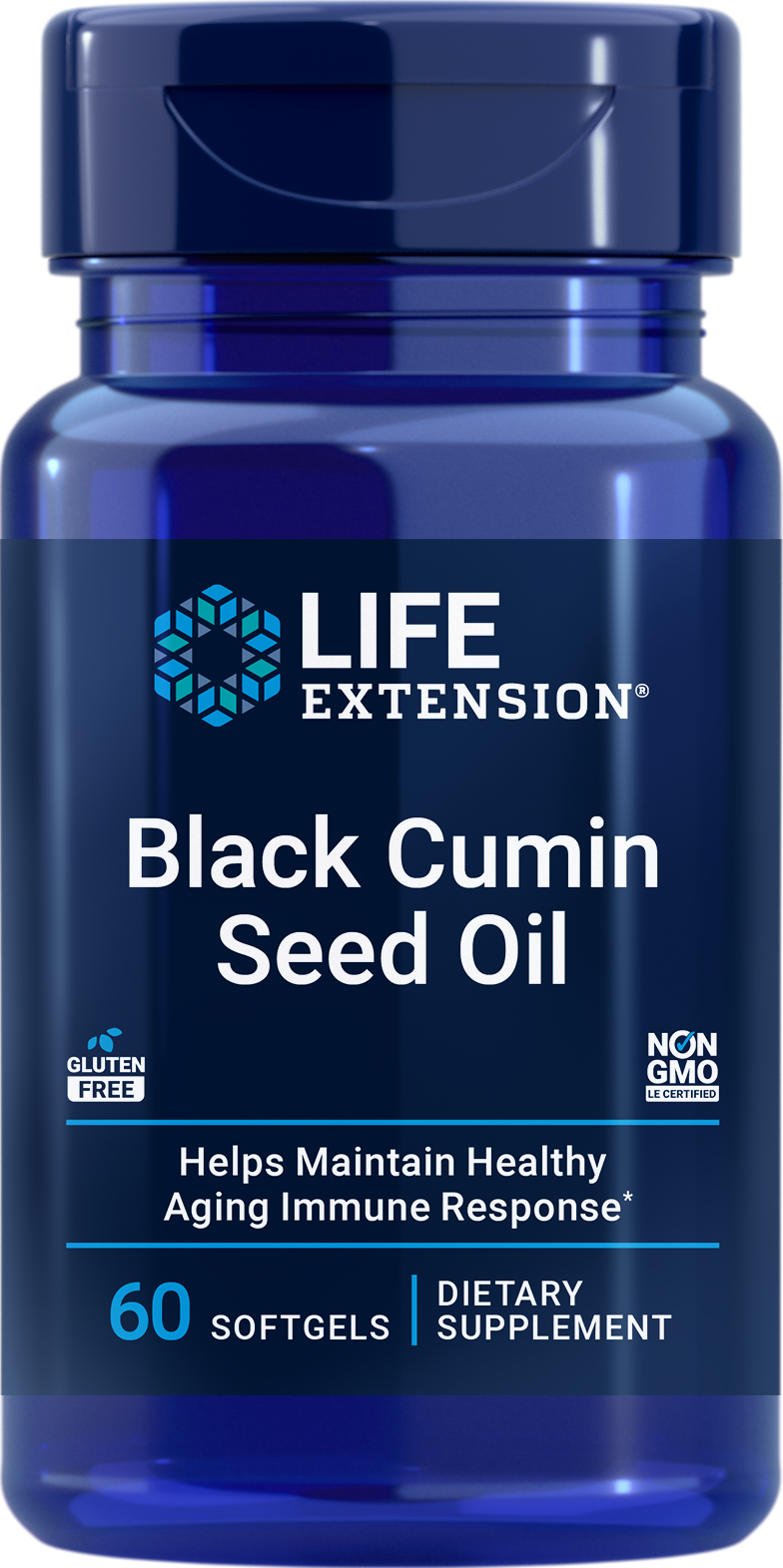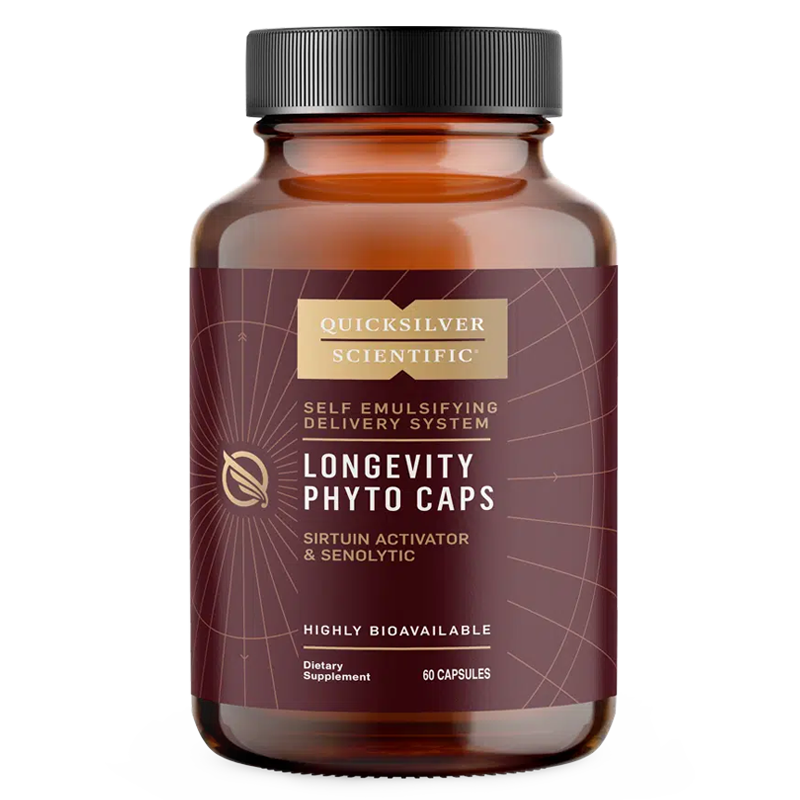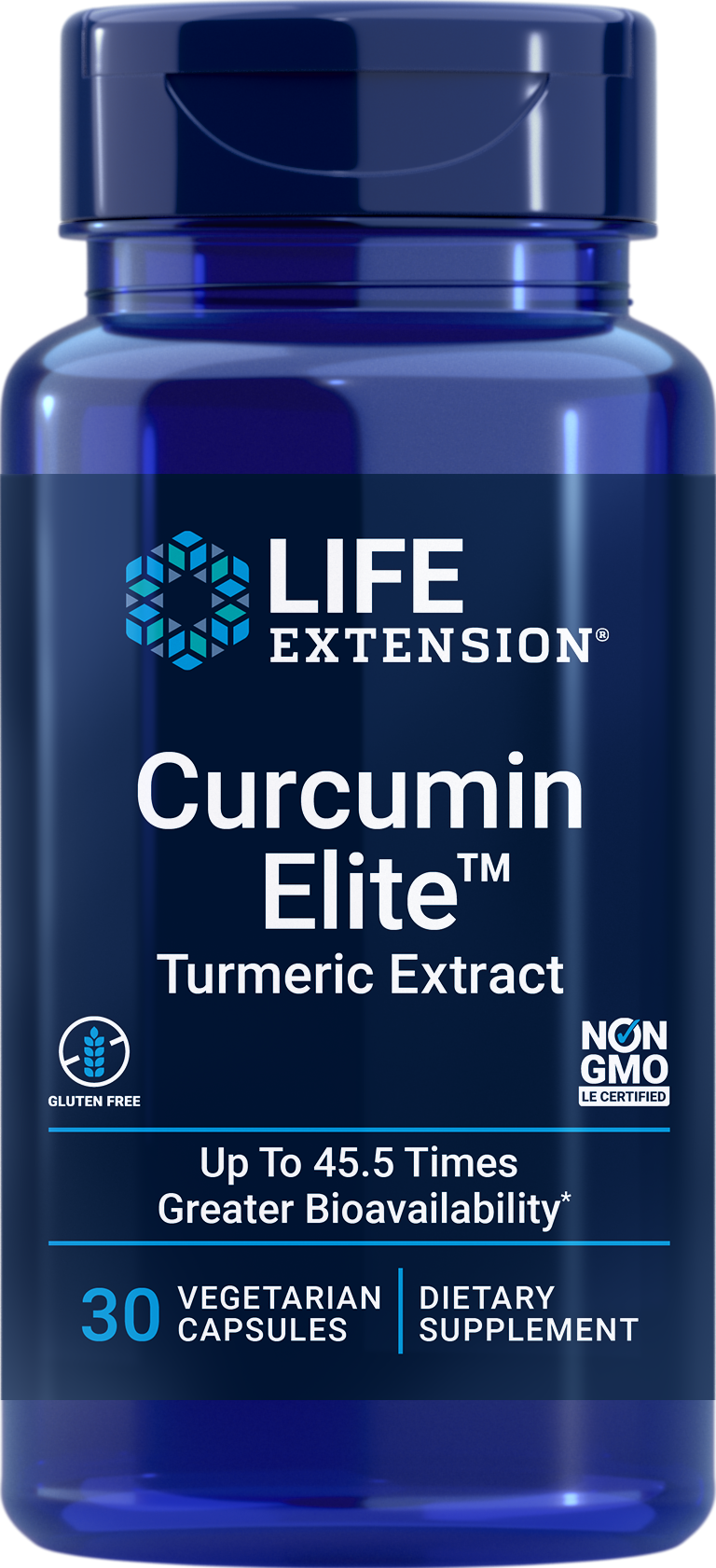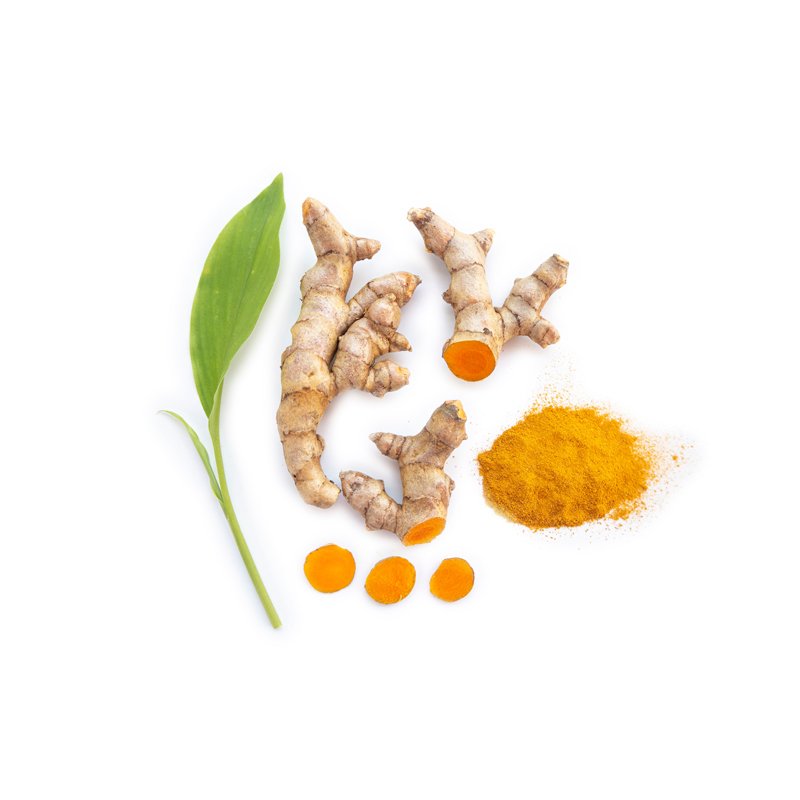
Curcumin
Curcumin is a turmeric spice extract with widespread health benefits.
Actually, the advantages of this ingredient cannot be overstated, and they are well-documented.
What is Curcumin?
The polyphenol curcumin is a yellowish naturally occurring pigment extracted from the root of turmeric, a plant in the ginger family. The most beneficial compounds in turmeric are curcuminoids, including curcumin and related compounds.
Curcumin is perhaps one of the most omnipotent natural ingredients there is and an ancient health remedy used for thousands of years – for good reasons!
Curcumin's Benefits
The more free curcuminoids the body absorbs, the better. Curcuminoids are the compounds in curcumin that can:
- Inhibit inflammation to support joint and vital organ health
- Promote heart- and cardiovascular health
- Support immune health and -function
- Curcumin has powerful antioxidant properties
Most neurodegenerative diseases share common features, including the accumulation of toxic proteins, inflammation, and oxidative stress. Curcumin can help reduce or prevent all of these.
Lab and animal research shows this compound may also reduce damage from strokes, contribute to prevent neurodegenerative diseases and dementia, help relieve symptoms of multiple sclerosis, and ease diabetic neuropathy.
Moreover, curcumin is demontrated to have curcumin has been shown to have anti-cancer effects.
Read more on the benefits of curcumin and find references >>
Curcumin Supplement
A downside of taking a curcumin supplement is that it has poor bioavailability, which means much of standard curcumin is not absorbed into the body or is rapidly metabolized to other related compounds. Scientists have discovered a way around this problem.
By combining curcumin with a fiber called galactomannans, from the spice fenugreek, the curcumin is protected in the gut and resists metabolism. A curcumin-galactomannan complex is highly absorbable and easily crosses the blood-brain barrier.



